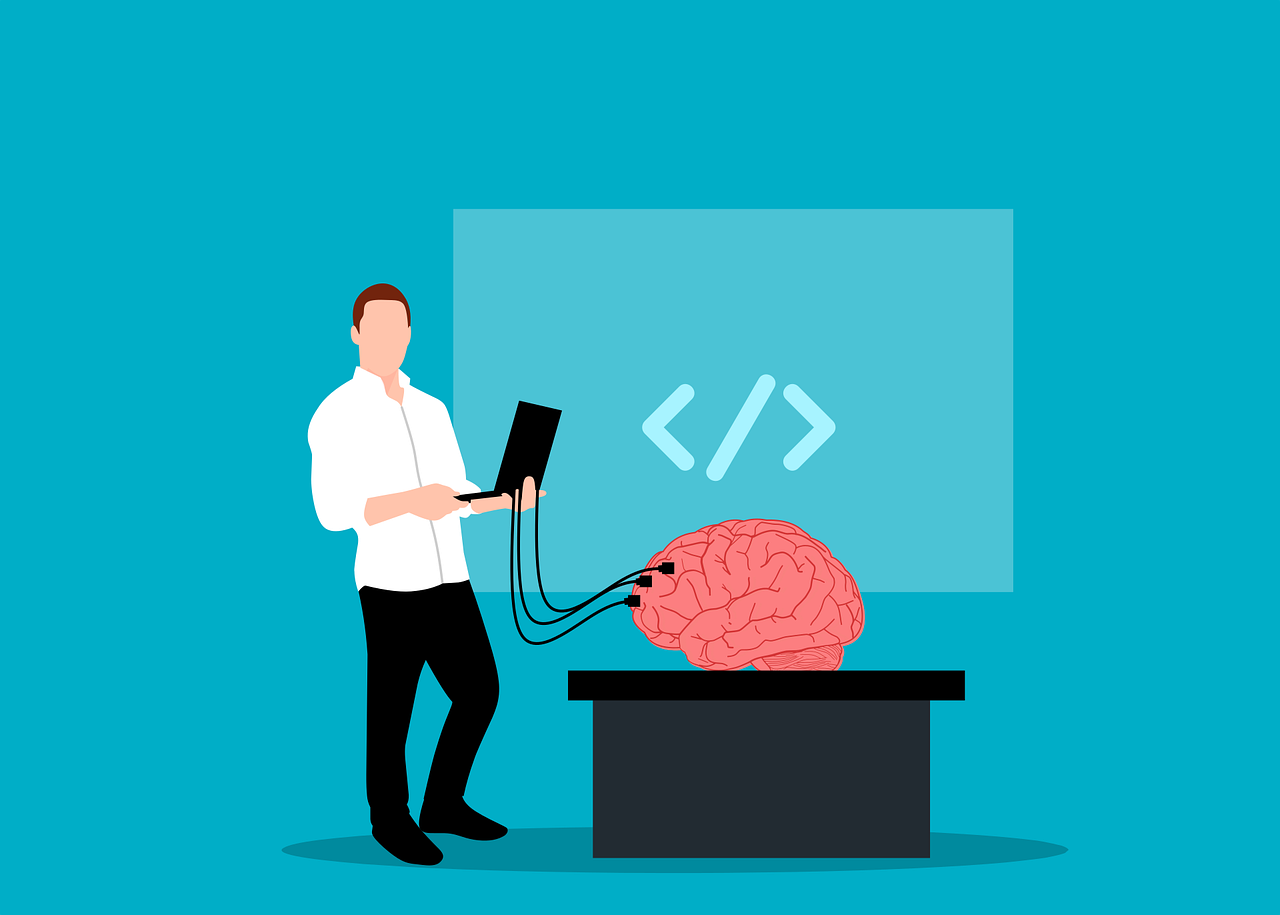Artificial Intelligence (AI) is rapidly changing many industries, and healthcare is no exception. In this post, we’ll discuss the basics of AI in healthcare, and provide some resources to help individuals understand how this technology is being used to improve patient care and outcomes.
- What is AI in healthcare? AI in healthcare is the application of AI techniques to healthcare data and processes. It includes a wide range of tasks such as image analysis, natural language processing, and decision-making. AI is being used to improve patient care and outcomes, by analyzing large amounts of data and identifying patterns that can inform treatment decisions.
- AI in medical imaging: One of the most promising areas of AI in healthcare is medical imaging. AI algorithms can be used to analyze medical images such as X-rays, CT scans, and MRI, to identify patterns and anomalies that may indicate a disease or condition. This can help radiologists and other medical professionals to make more accurate diagnoses and treatment decisions.
- AI in drug discovery: AI is also being used in drug discovery, to analyze large amounts of data and identify potential drug targets and new treatments. By analyzing data from multiple sources, such as medical literature, clinical trials, and genetic data, AI algorithms can identify patterns and connections that may lead to new drug discoveries.
- AI in personalized medicine: AI is being used to develop personalized medicine, which tailors treatment to the individual patient. By analyzing a patient’s genetic data, medical history, and other information, AI algorithms can identify the best treatment options for that patient.
- AI in virtual assistants and chatbots: AI-powered virtual assistants and chatbots are being used to improve patient communication and care. These tools can help patients to schedule appointments, answer medical questions, and provide medication reminders.
- Learning AI in healthcare: To learn about AI in healthcare, individuals can take online tutorials and courses, read books, use open-source libraries, and join communities and forums. Some popular resources include “Artificial Intelligence in Healthcare” by Rajesh Ranganath and “AI in Medicine” by Eric Topol.
- Practice: Practicing AI in healthcare is important for becoming proficient in this field. Individuals can practice by working on projects, participating in hackathons, or by joining competitions such as those hosted by Kaggle, which often have healthcare focused challenges.
In summary, AI is rapidly changing healthcare, with a wide range of applications such as medical imaging, drug discovery, personalized medicine, virtual assistants, and chatbots. These technologies can help to improve patient care and outcomes, by analyzing large amounts of data and identifying patterns that can inform treatment decisions. To learn about AI in healthcare, individuals can take online tutorials and courses, read books, use open-source libraries, and join communities and forums, also practice by working on projects or participating in competitions. It’s important to note that AI in healthcare is still a developing field, and it’s important to keep up with the latest developments and research in the field.

No responses yet